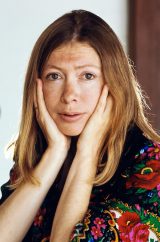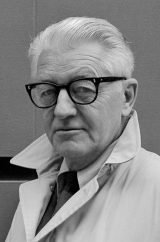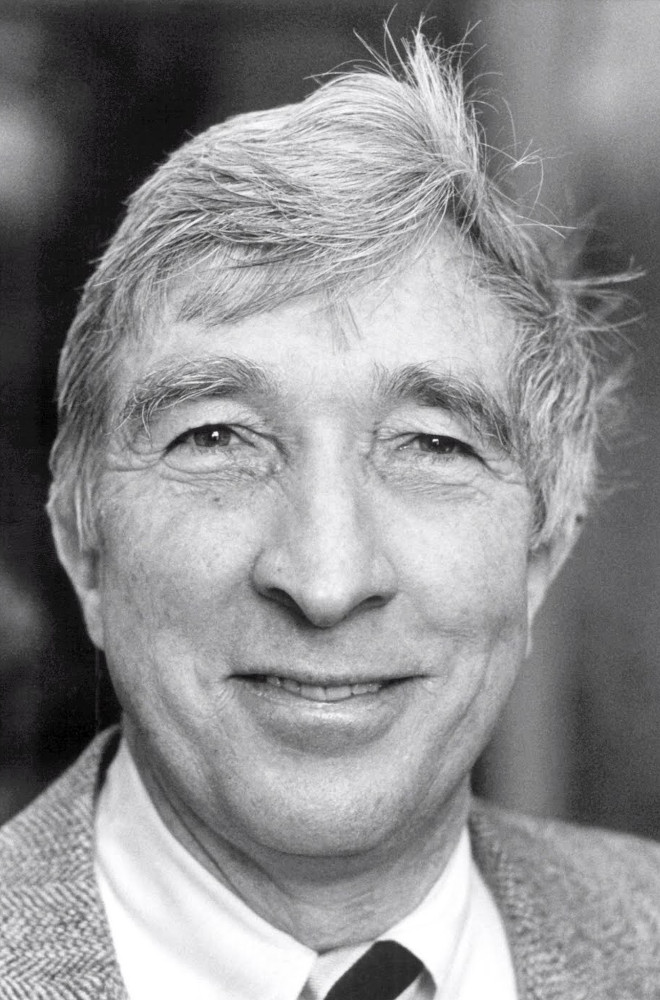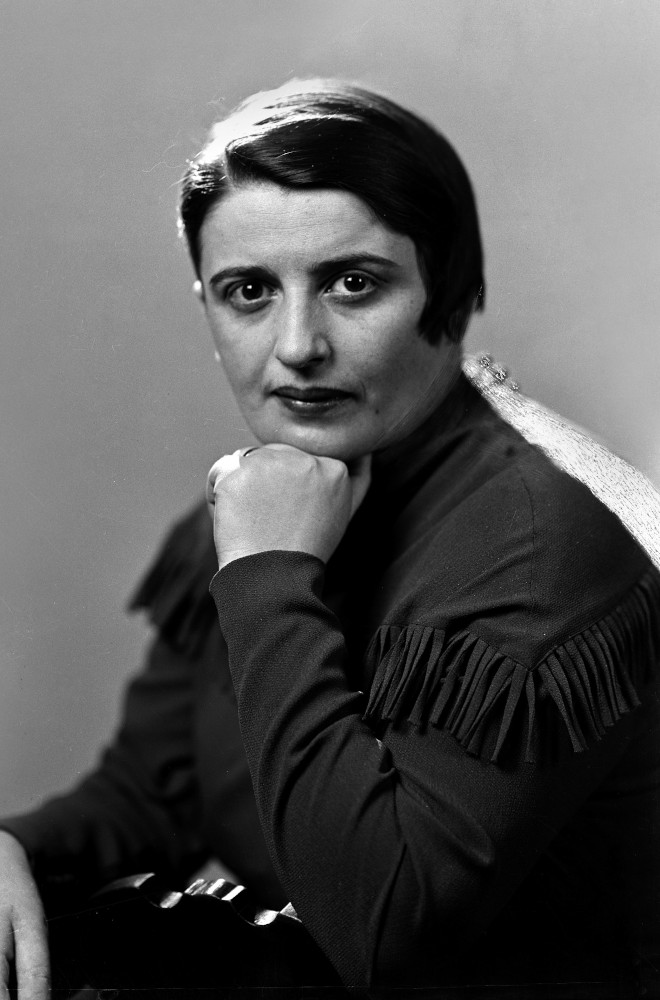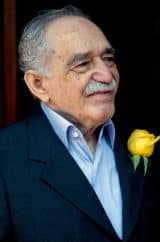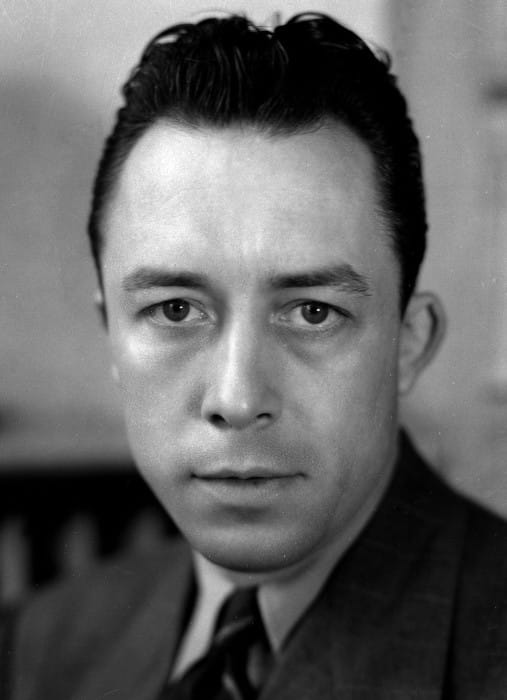 Philosophies and Writing
Philosophies and Writing
French-Algerian philosopher and author, Albert Camus, is not everyone’s cup of tea. But he undoubtably plays a huge role in the literary world, winning a Nobel Prize for Literature at the tender age of 43, and seemingly predicting the future too.
Camus’ literary works are viewed as masterpieces of modern existentialism and come in the form of philosophical essays and novels. Whatever the format, the underlying theme of an individual being solely responsible for the course of his or her life, and the actions they undertake to take that responsibility, flows strongly throughout his works.
Quite a Celebrity
Born in 1913, in Mondovi, Algeria, Albert Camus is indeed an author from a past society, but his writing still achieves him a top place in modern bestselling book lists. His death in 1960 in a well-publicized car accident has instilled him with an almost celebrity status in French literary history and, for Algeria, he remains their one and only Nobel Prize winner.
Interestingly, Albert Camus’ most popular books have really only come into their own in the last three decades. One in particular, became a bestseller due to its apparent significance to the events happening around the world not so long ago.
Best Albert Camus Books
| Photo | Title | Rating | Length | Buy |
|---|---|---|---|---|

|
The Stranger | 9.82/10 | 159 Pages | Check Price On Amazon |

|
The Plague | 9.74/10 | 353 Pages | Check Price On Amazon |

|
The Fall | 9.62/10 | 160 Pages | Check Price On Amazon |

|
The Myth of Sisyphus and Other Essays | 9.52/10 | 131 Pages | Check Price On Amazon |

|
The Rebel | 9.44/10 | 320 Pages | Check Price On Amazon |
The Stranger

 Meursault
Meursault
I was immediately attracted to the title given to this book in the US, The Stranger. It spoke to me of mystery and intrigue and, being one of Albert Camus’ best rated books, I knew I should be in for a treat. Set in Algiers and centered around a young main character, Meursault, The Stranger begins with the lines, “Mother died today. Or maybe it was yesterday, I don’t know.”
This strange ambivalence to his mother’s death is an apt summing up of Meursault’s character. He remains detached and emotionless following his mother’s passing and continues life with no apparent thought for the loss he has suffered. Many twists and turns follow until Meursault cold-bloodedly and with no reason, murders the brother of a friend’s mistress.
Prison
Meursault is arrested and imprisoned; those around him can hardly believe the lack of emotion he displays, and this ultimately, ends badly for him. He realizes that there really is no larger meaning to life, and he departs the story happy with his lot.
Seen as one of Albert Camus’ best novels, The Stranger frustrated me to the point of willing Meursault to see where his actions were taking him. I almost felt sorry for him, but his disregard for, not only his own feelings but the feelings of others too, made him a tough character to like in the long run.
The Plague

 Epidemic
Epidemic
If you want something to relate to in your reading, then this is the book for you. Not for the squeamish, The Plague takes place in 1940’s Oran, a city in French Algeria. It details the onset of an epidemic which effectively seals off its residents from the rest of the world.
Designated as a plague, the illness effects everyone; convicts, lawyers, tourists and doctors. It highlights Albert Camus’ philosophies on absurdism and existentialism with a plot centered on a small group of normal people who realize that they are not as special as they have always believed, that they are not guaranteed an escape from the virus, that they have to act to save their own lives.
Book for Living
I really cannot believe that I have not read The Plague before. Firstly, it is favorite genre of mine. Secondly, it resonates deeply in my mind with the situation we all faced not so long ago, the Covid-19 pandemic. The separation from loved ones, the suspicion and insecurity, and the collective turning to government for answers.
All situations included in this rather depressing, but still addictive. It seems that it also became his bestselling book when it was adopted as a Bible for living through a pandemic, particularly in France. I didn’t take it quite so seriously when I read it, but I must agree that, despite sometimes being a little monotonous, I couldn’t put it down.
The Fall

 Short but Sweet
Short but Sweet
Coming third on our Albert Camus book list, is The Fall, which is actually a novella. Consisting of less than 150 pages, The Fall is a philosophical and psychological study of the main character, Jean-Baptiste Clamence. Clamence is a former lawyer, an upstanding citizen, and a man racked with uncertainty and self-loathing. Whilst in a bar in Amsterdam, Clamence talks to an unseen and unspeaking acquaintance about his life and experiences.
He explains his success, his meteoric rise and popularity and his acceptance of such, but then he goes on to detail his realisation of his own flawed life following specific life events, and the similarities it has with the troubles of humanity in general. Clamence now accepts this and wants to ensure that everyone he comes across hears of his journey and its conclusions, as his penance for his own personal failings.
Thought-provoking
Although Camus can often be viewed as a ‘serious’ author, The Fall seemed to me to include hints at humor, well-hidden but still humor. And this was definitely needed when reading such a thought-provoking, and often unsettling, book. The parallels between the fall of Man in the Garden of Eden and the fall of Clamence himself are clear and disturbing, but it is also a book with beauty and innocence, and one which I personally feel, is the top Albert Camus book of them all.
The Myth of Sisyphus and Other Essays

 Greek Mythology
Greek Mythology
Another of Albert Camus’ best ranked books consists of a collection of essays, including the titular piece, The Myth of Sisyphus, which I have decided to focus on. I knew the Greek myth of Sisyphus; how he was a king who cheated death twice and enraged Hades, God of the Underworld. Hades forced Sisyphus into an eternity of rolling a huge boulder up a towering mountain, only for it to roll to the bottom again every single day. Sisyphus, nevertheless, returned down the mountain to begin his torture again every time.
In this, which I think is the best from the Albert Camus series of essays, Camus uses his philosophy of ‘the absurd’ which is central to his writing and compares the struggle of Sisyphus to the human condition. But what really appeals to me, is that Camus argues that Sisyphus is happy. Sisyphus is the embodiment of a passion for life, and he willingly continues because he has accepted that this is what his life is, but he does not give in, and so this makes him the ideal absurd hero.
Positivity
I like that Camus sees the positive of Sisyphus’ situation in his refusal to submit. Camus wants us to embrace the meaningless qualities of human life and to accept that there is no hope for a future or afterlife, only then will we be able to live in peace and happiness.
The Rebel

 Vive la France
Vive la France
As the name suggests, this is a book-length essay centered on human nature’s need to rebel and revolt and, as many Albert Camus book reviews mention, it is certainly an interesting, but challenging, read. Camus looks closely at the history of rebellion, both metaphysical and political, through significant revolts throughout time. Including the French Revolution and the concepts of Karl Marx, he emphasizes that revolution is a positive reaction which is a yes, while also being a no.
It strives towards a freedom from a master with unaccepted values and morals, towards a new, ‘good’ way. And, says Camus, this is a good thing. But, more often than not, in the process of revolting, the ‘good’ become the same. And so, a full cycle of tyranny begins again, until the next revolution. Man’s hope is in the one revolutionist who can restrain themselves enough to break the cycle of dictatorship.
Deep-Thinkers
I found this extremely difficult to plough through. Camus has some fantastic ideas about the concept of rebellion, but this is definitely not an easy read for the average person like me. I imagine that this, the first of Albert Camus non-fiction books in order of publication, would appeal greatly to students and thinkers in the fields of philosophy and other intellectual types. I’m glad I read it, but mostly, I’m glad I’ve finished.
A Happy Death

 The Quest for Happiness
The Quest for Happiness
The very first of the Albert Camus novels to be written, but not published till after his death, was A Happy Death. Camus was not even 25 years old when he began to dabble in fiction to explain his existentialist ideas, and he has produced what I think is an interesting read. Although for some, this story is absolutely amazing, I wasn’t quite so sure. I enjoyed seeing the foundations of Meursault from The Stranger in this book’s main character, Mersault, but I think that it is clear that this is indeed, a first go as such.
Mersault is a young Algerian who manages to escape punishment for murder, so defying the rules imposed by society. He tries to live his life in different ways, eventually finding peace by focusing his consciousness on inanimate objects, especially stones, which he discovers throughout his journey. He dies a ‘happy death’ because he feels that now he is in harmony with the universe around him.
Questions Answered?
It seems that Camus has used his own experiences of life in this book. And that makes it a little weak in answering the question it appears to pose: is it possible to have a ‘happy death’? He doesn’t quite manage to fit the two facets of his writing together, so, while still thought-provoking, and still one of the best books by Albert Camus, the usual emotional and psychological impact of his work is not so apparent.
Exile and the Kingdom

 Short Stories
Short Stories
Exile and the Kingdom is a collection of six short stories published in 1957. It includes the stories: The Adulterous Woman, The Renegade or a Confused Spirit, The Silent Men, The Guest, Jonas or the Artist at Work, and The Growing Stone.
The underlying theme of being in a place of exile, or not fitting into society’s norms, is clear in each of these stories but expressed in a variety of ways. Above all, I enjoyed the beauty of the landscapes which Camus’ words painted in my head, and the range of characters and places he uses to bring those landscapes to life.
Enjoyably Fictional
Although not stunning or outstanding in other ways, I still found myself able to enjoy the stories as what they are, fiction, rather than needing a cool towel on my forehead through psychological overload.
The First Man

 Autobiography
Autobiography
The First Man is full of vivid descriptions of a small village in Algeria, and the sights, smells, tastes and sounds of life experienced through the eyes of a young boy. The main character, Jacques Cormery, tracks down his roots and remembers his times growing up in poverty without a father. He details his life as he visits childhood places, evoking memories of fun with friends, love and sadness. The story centers on Jacques’ love for his mother and admiration for his teacher and mentor, and this cements the idea that this is more of an autobiography for Camus than anything.
I was interested to read that The First Man manuscript was discovered, unfinished, in the wreckage of the car crash in which Albert Camus died in 1960. This makes it even more significant, it’s a lasting memorial by an author for himself, and possibly even contains his premonition of his own death in some of the last lines of the book, “…he, like a solitary and ever-shining blade of a sword, was destined to be shattered with a single blow and forever…”
Foundations
I feel that The First Man is one of the best Albert Camus novels, despite its unpolished feel. It is possible to see the very foundations of his philosophical ideas in the situations and events of his childhood, and his reactions to them. But, for me, it was the lack of philosophy or politics which made it all the more enjoyable.
Resistance, Rebellion and Death

 Political Essays
Political Essays
The essays detail Camus’ thoughts on a range of issues which were prominent in the 1940’s and 50’s. World War II, the colonization of Algeria and capital punishment in France were all discussed, with Camus’ arguments on the subjects being clear and direct. He argues a particularly fine point against capital punishment, and his views are thought-provoking enough that I’m sure many would change their views on the subject should they read his work.
Camus himself lived in occupied Paris during WWII, he includes his experiences and thoughts, as well as letters to a German friend, to highlight the whole futility of war and the difference between killing and murder. His part in his support of the French Resistance has clearly enabled him to see the spirit and heroism of the fighters, and to share his own views in such an educated and compelling way.
Reflection of the Present
The best books are those which cause a reaction, and this is definitely one of those. Although not usually one for too much deep-thinking, I found myself comparing the events he discusses with the present-day state of the world. He would certainly have been a useful moral compass should he have been alive today and would have had much to say on the issues we all now face.
Notebooks

 Four to Read
Four to Read
When I realized that there were four books to read in this series, I was a bit daunted. But I decided to persevere and I’m now glad I did. The tenth best Albert Camus books are just that, books, plural. All published following his sudden death, the books give a wonderful insight into Camus’ intelligence and eloquence.
Notebooks #1, #2, #3 and #4 span Camus’ life from 1935 to 1959, the year before his death, and are made up of his personal jottings and musings on a wide range of subjects, personal, local and global. He includes favorite excerpts from books, his thoughts and feelings on death, art and humanity, and detailed notes on ideas for future writing which highlight the progression in his expression of his theories and philosophies.
Little and Often
The thing I liked most is that I could pick up one of these books at any time, and at any point in the book, and read something interesting. Then, I could put it down until the next time I had a chance. The amazing feeling of dipping into the mind of, what some people call, a genius, meant that I was ready to pick up again quite soon.
Final Thoughts
Albert Camus covers such a wide range of topics and genre that I wondered if I was going to manage to get all the way through all of them. But Camus’ writing has made me think deeply, and more often, of world affairs and of my own life satisfaction.
Some I really liked, some not so much, but all of them felt important; in that, even the fictional classics were thought-provoking and, in some cases, inspiring. Never let it be said that Albert Camus is all doom and gloom, because he really does have some books which could light the way to a better future for us all.
Michael Englert
Michael is a graduate of cultural studies and history. He enjoys a good bottle of wine and (surprise, surprise) reading. As a small-town librarian, he is currently relishing the silence and peaceful atmosphere that is prevailing.

